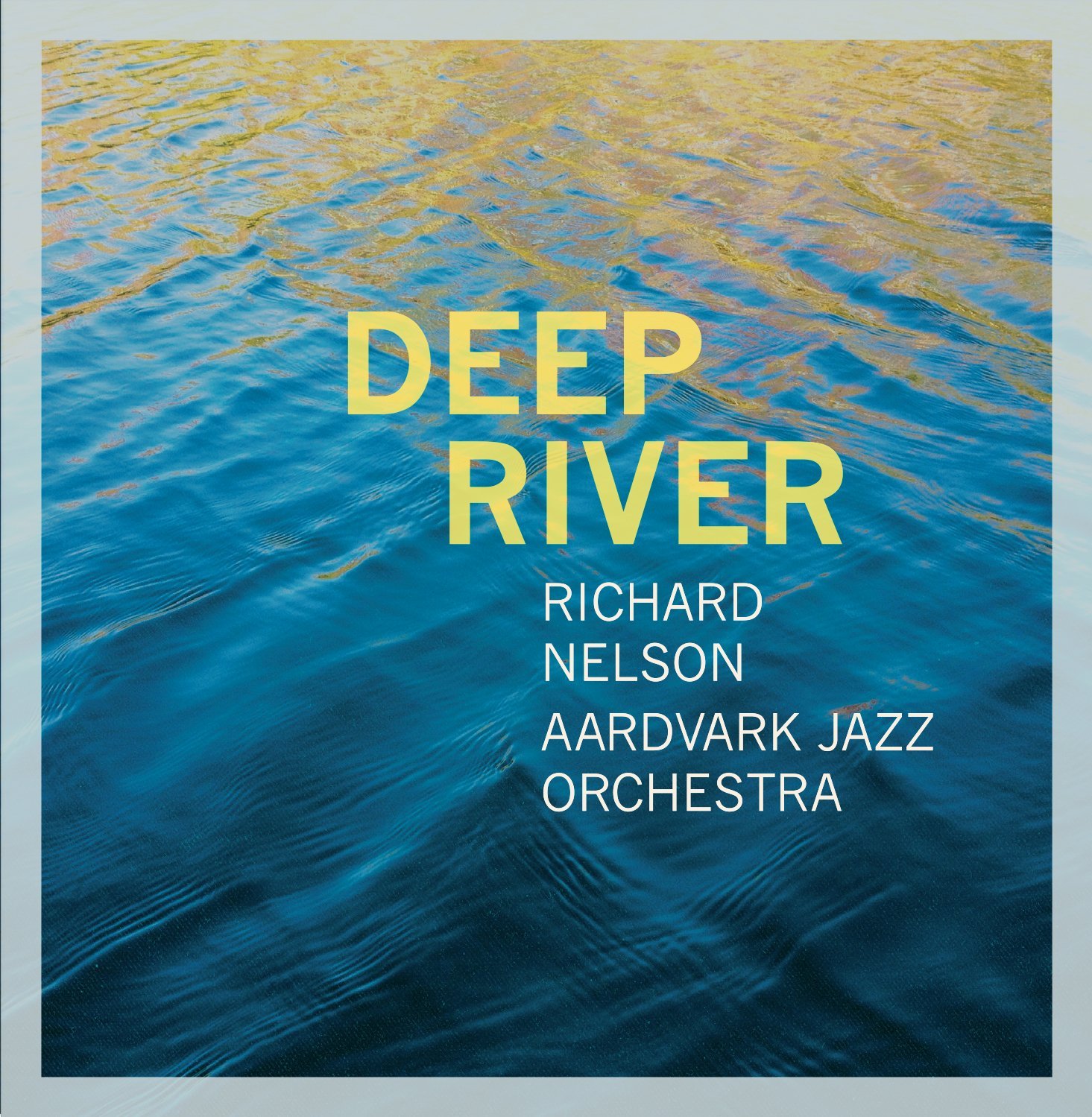Jazz Concert Review: Mark Harvey and The Aardvark Jazz Orchestra—Boston Giants
Trumpeter-composer Mark Harvey’s imaginative conducting made the pieces work together in fascinating ways.
Mark Harvey, Aardvark Jazz Orchestra. At Sculler’s Jazz Club, Boston, MA, on October 8.
By Michael Ullman
Led by trumpeter-composer Mark Harvey, Boston’s own Aardvark Jazz Orchestra is something of a miracle as well as a consistent joy. It is a big band in an era of crumbling, underpaid small ensembles, and it is has been performing brilliantly evocative, varied original music with a steady core of personnel for 43 years. As a result of his many activities promoting jazz, and sustaining its first-rate musicians, Harvey has been named by the Jazz Journalists Association as Boston’s Jazz Hero for 2015.
He’s been one of my heroes for much longer. A bandleader and educator, Harvey is an ordained elder of the Methodist Church with a PhD from Boston University. He founded the Jazz Ministry in Boston, and, in the 1970s, the Jazz Coalition, which held festivals and educational programs that thrilled many of us and educated others. Few musicians have his adroit organizational skills. (He named one of his recordings Weird Magnetism: perhaps that’s the explanation.)
Few have his sheer musical talent. He’s a generous leader. The Aardvark’s new disc, Deep River (Heliotrope Records), is wholly given over to a suite by the band’s longtime guitarist, Richard Nelson, and the recent performance at Sculler’s was meant to celebrate that accomplishment and, as Harvey announced as the set began, Americana in general. On Thursday night the band performed the bookends of the suite; they are initially simple and then increasingly thick-textured arrangements of classic American folk tunes, “Deep River Blues” and a swaggering “Make Me a Pallet on the Floor.” (Nelson learned “Deep River” from Doc Watson, and “Make Me a Pallet” from Mississippi John Hurt. Readers should hear the originals: Watson recorded “Deep River” repeatedly, including on Sittin’ Here Pickin’ the Blues; Hurt’s masterful “Make Me a Pallet” is on Mississippi John Hurt Today!)

Guitarist Richard Nelson. Photo: Courtesy of the artist.
Live, the textures varied in a most enlivening way: “Deep River Blues” began obliquely, with a flute solo over a bass. Later it was a clarinet and flute duet that gradually expanded as Harvey cued in the rest of the reed section. The melody unfolded gently, the vocal giving way to a brass choir in an arrangement by turns mellifluous and dissonant. Nelson’s sweetly phrased guitar playing on “Make Me a Pallet” managed to evoke the folksiness of Hurt and his own sophistication. The evening of Americana started with a tenderly swinging blues “Merry-Go Round,” which featured a baritone solo by Dan Zupan. Harvey’s arrangements (and those of his bandmembers) always seem to be grounded on a solid bass, sometimes the eloquent bass trombone and tuba of long-time member Bill Lowe. The band continued with the first of three arrangements in honor of Duke Ellington and his circle. Written by Ellington collaborator Billy Strayhorn, who was born a century ago, the original recording of “Chelsea Bridge,” its highlight a solo by tenor Ben Webster, is an acknowledged masterpiece. Harvey took the piece at a faster tempo than did Ellington, and perhaps wisely did not try to imitate Webster’s infinitely suggestive chorus. Instead, Bill Lowe soloed gruffly on bass trombone.
Harvey’s imaginative conducting made the pieces work together in fascinating ways. He began another Ellington piece, the lesser known “Portrait of Mahalia Jackson” from New Orleans Suite, with a talk to the band. As I heard it, they were to play the first three sections, A, B, and C, in order and then skip to G. Ellington was famous for having his band play something other than what was written. Harvey takes this creative tendency a little further. On “NOLA,” which he wrote to commemorate the strength of New Orleanians after Katrina, trombonist Bob Pilkington played a series of stuttering, half-swallowed phrases into a plastic cup that produced an odd buzzing sound. Harvey turned to the band and, by wiggling his fingers, got them to produce some twittering sounds of its own. Before the concert, Nelson told me that Deep River was recorded after a single rehearsal. The leader took only one solo: Harvey played with a plunger on the classic “St. James Infirmary.” It was dedicated to another giant of Boston music, the late Gunther Schuller.
Michael Ullman studied classical clarinet and was educated at Harvard, the University of Chicago, and the U. of Michigan, from which he received a PhD in English. The author or co-author of two books on jazz, he has written on jazz and classical music for The Atlantic Monthly, The New Republic, High Fidelity, Stereophile, The Boston Phoenix, The Boston Globe and other venues. His articles on Dickens, Joyce, Kipling, and others have appeared in academic journals. For over 20 years, he has written a bi-monthly jazz column for Fanfare Magazine, for which he also reviews classical music. At Tufts University, he teaches mostly modernist writers in the English Department and jazz and blues history in the Music Department. He plays piano badly.
Tagged: Aardvark Jazz Orchestra, Deep River, Heliotrope Records, Mark Harvey


Dear Michael,
Thank you for your heartfelt and most generous review. I’m humbled by your comments about my work in the community and with Aardvark and I’m delighted you heard this particular evening’s performance, which I believe your review captured very well. Wonderful to have you in our midst writing insightful pieces. Keep up the excellent coverage of jazz, here and on the national circuit.
All best wishes